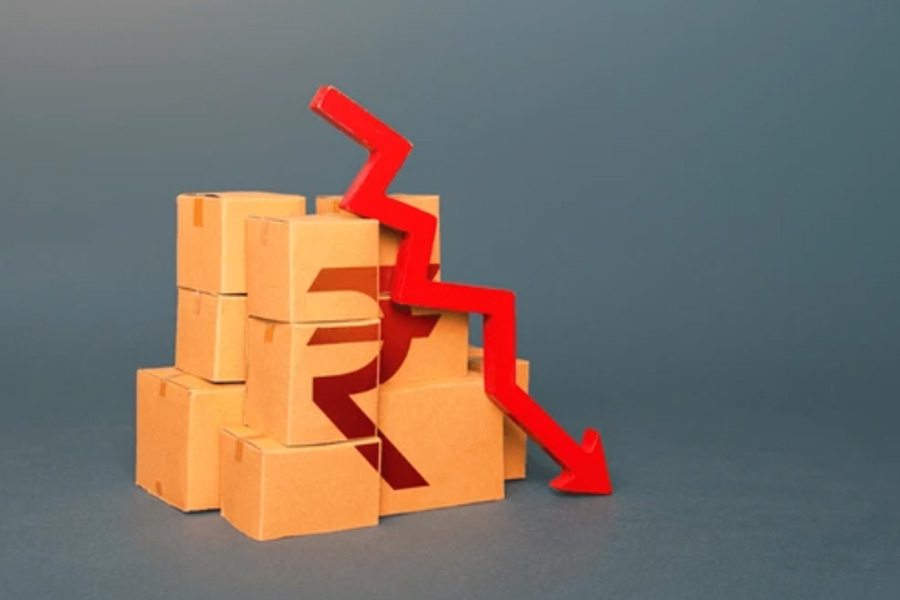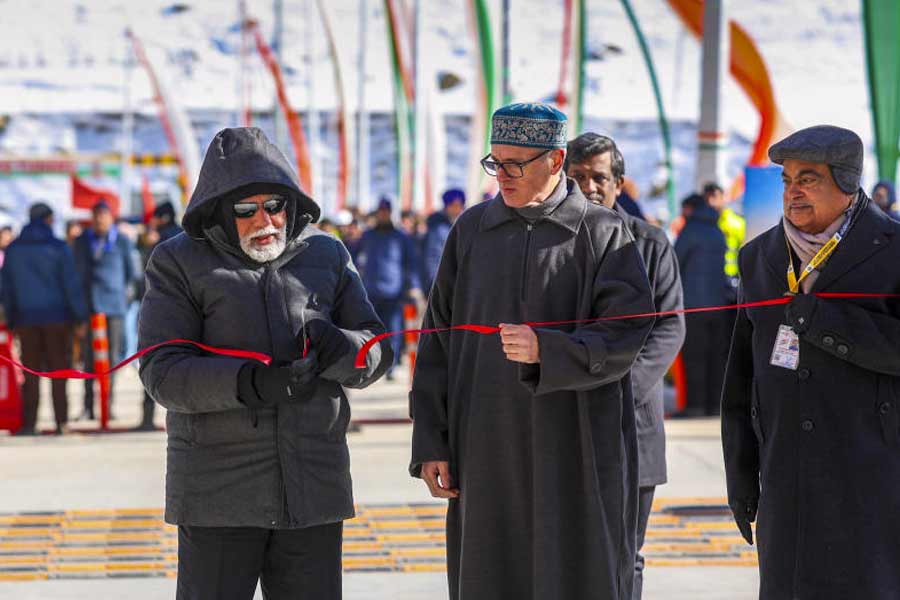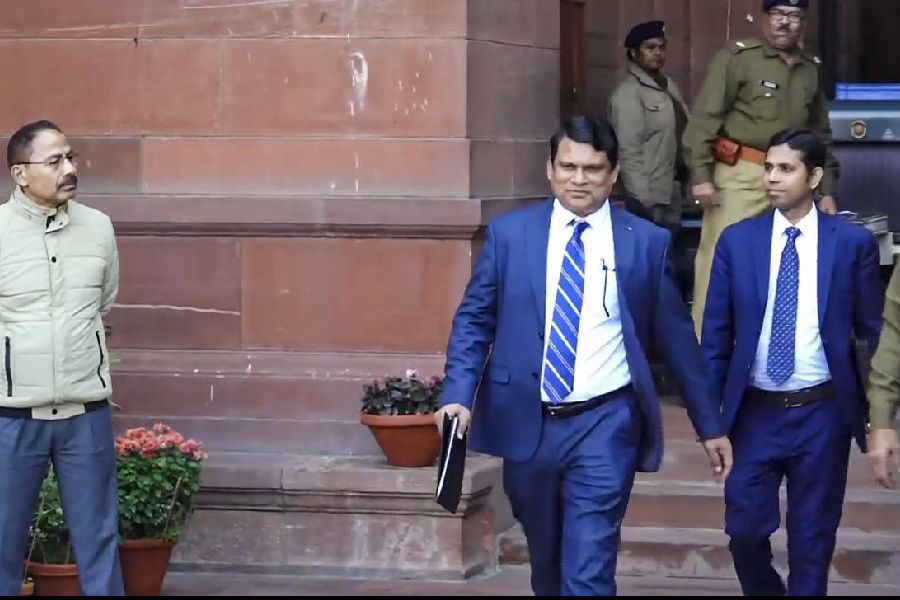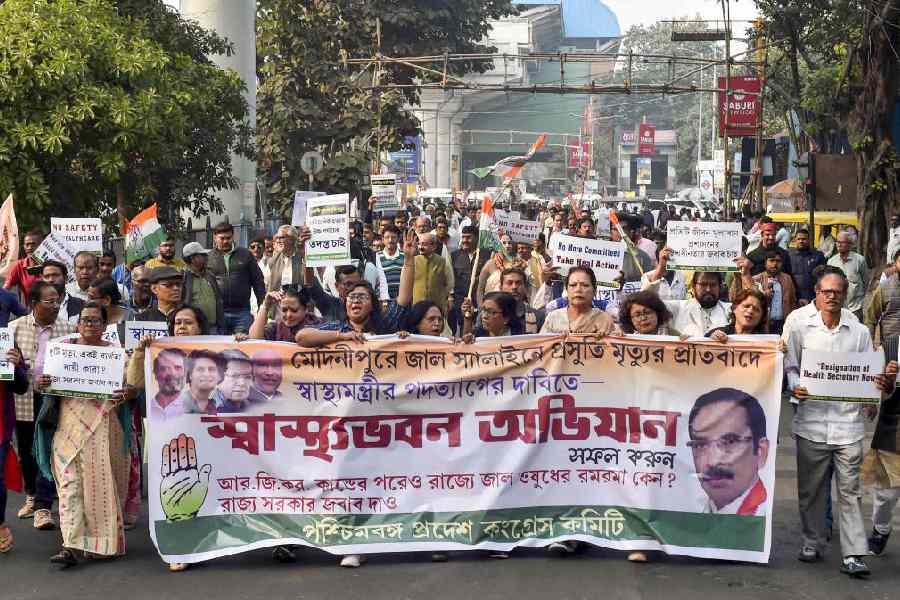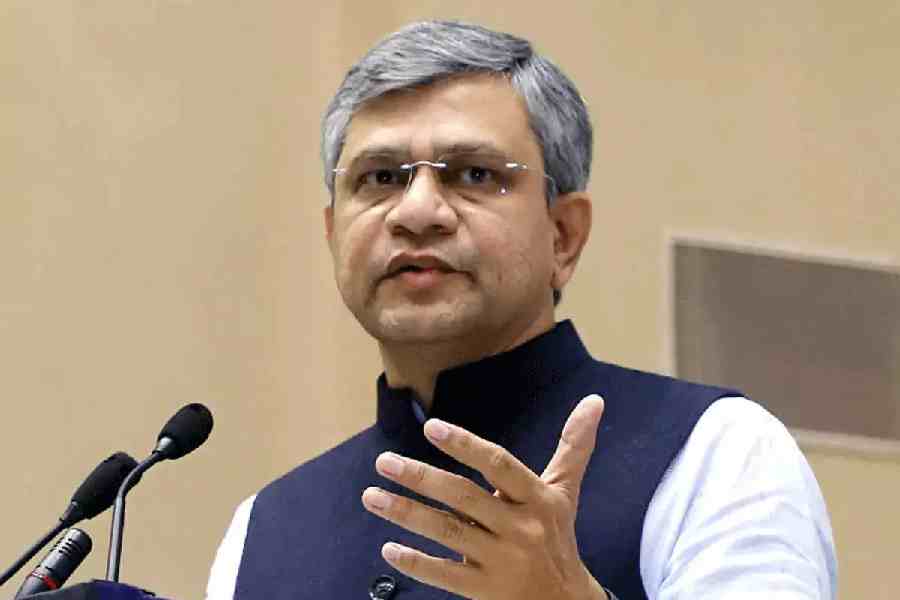Rahul Gandhi on Friday said leaders who create divisions in society end up weakening their countries and wondered how such people could project themselves as nationalists.
His comment came in the context of India and the US during a conversation with former American ambassador Nicholas Burns, implying the allusion was to President Donald Trump and Prime Minister Narendra Modi although Rahul named neither.
Their recorded conversation was streamed on social media platforms on Friday morning.
Both Rahul and Burns felt the US and India needed to reclaim their democratic traditions to guide the world towards peaceful coexistence, which they said authoritarian regimes like Russia’s and China’s cannot.
Burns, now a professor of diplomacy and international relations at Harvard University, explained how racism had returned as a major threat under Trump and how America was in a political and existential crisis.
He regretted that Trump was treating protesters as “terrorists” and fondly recalled India’s traditions of democracy and tolerance.
This prompted Rahul to say: “We both share tolerant systems. Our DNA is supposed to be tolerant. We’re supposed to accept new ideas. But that open DNA is sort of disappearing. I say this with sadness that I don’t see that level of tolerance that I used to see. I don’t see it in the US and I don’t see it in India.”
Rahul added: “I feel that this division which occurs is tremendously weakening the country, but the people who do the division portray it as the strength of the country. When you divide African Americans, Mexicans and other people in the US, so you divide Hindus and Muslims and Sikhs in India, you’re weakening the structure of the country. But then the same people who weaken the structure of the country say they are the nationalists.”
Burns seemed to agree.
“I think that is what President Trump is all about. He wraps himself in a flag. He declares that he alone can fix the problems. President Trump is in many ways an authoritarian personality,” he said.
“But in our country, you’re seeing the institutions remain strong. The military clearly saying over the last few days — individual senior military leaders — ‘We will not put American military troops onto the streets. That’s the function of the police forces, not the military force. We will abide by the Constitution’.”
Rahul avoided naming Modi or referring to specific instances in India, but Burns was more upfront.
“The senior military officer, General Mark Milley, said this week (that) Americans have a right to protest. They have a right to disagree with the government. These are so fundamental, it’s extraordinary how to even debate these. So we’re back to debating first principles,” Burns said.
“But again, I do see strengths that democracies go through trials. We play out our differences, in political campaigns or in street protests, but at least we can do that. You can see authoritarianism coming back in China and Russia. We democracies, we sometimes go through painful episodes because of our freedoms, but we’re so much stronger because of them. That’s our inherent advantage over the authoritarian countries.”
Rahul acknowledged the fundamental difference between the democratic and authoritarian worldviews but stressed that democracies can influence the world only by being truly democratic and tolerant.
“We can’t have an authoritarian perspective internally and then make that argument. That argument has to be made from the foundation of democracy, within the country itself,” he said.
“And that’s where I see the problem. That it becomes very difficult for us, from our perspective, to make an argument of democracy when our institutions are being torn apart. When our people are scared, when millions of people in our country are terrified of what is going to happen to them.”
Rahul added: “So, the first, the most important battle from our perspective, yours and ours, is to actually bring back our countries to where they used to be. Which is sort of where we embrace our cultures, where we embrace our past, where we embrace our people. And where we sort of give a healing touch as opposed to this sort of aggressive politics that we are stuck in.”
Rahul has been constantly flagging the decay of institutions in India and the adverse impact that divisive politics was having on Indian society under Modi’s rule.
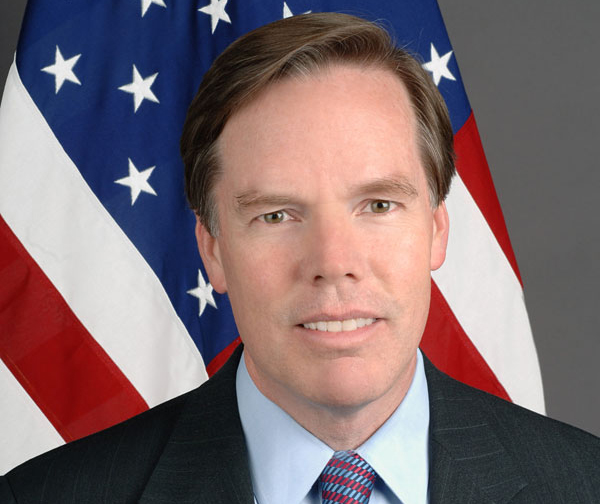
Former American ambassador Nicholas Burns (Wikipedia)
When Rahul asked why most countries, including India and the US, were not acting in cooperation in the fight against the pandemic, Burns immediately took the cue.
“It is a terrible disappointment. This crisis was made for the G20. It was made for Modi, Xi Jinping and Trump to be working together ---all of our countries for the common global good,” Burns said.
“(I thought) countries would have put down their differences and worked for a vaccine together, or (on) how to distribute that vaccine in an equitable and humane fashion, and it hasn’t happened. Trump doesn’t really believe in international cooperation. He is a unilateralist. He wants America to go alone. And Jinping (tries) to compete with Trump.”
To Rahul’s question how the Covid-19 outbreak could reshape the balance of power in the world, Burns hoped that powerful countries would set aside their political rivalries to respond together to challenges like climate change and the pandemic.
“A lot of people right now are saying that China is going to surpass.... China’s winning the battle of the coronavirus, that it’s gaining hearts and minds. I actually don’t see that,” Burns said.
“China certainly has extraordinary power in the world. Probably not equal to the US yet, but it’s gaining. (But) China lacks the sophistication and openness of a democratic country like India or the US. China has a fearful leadership. Fearful men trying to preserve their own power, increasing the grip that they have on their own citizens.
“And I’m actually hopeful about the future of India and the US. I worry the Chinese system is not going to be flexible enough to accommodate the desires of the Chinese people for human freedom and liberty. So I’m a champion of democracy, as are you. I have confidence that democracies will survive these tests.”


